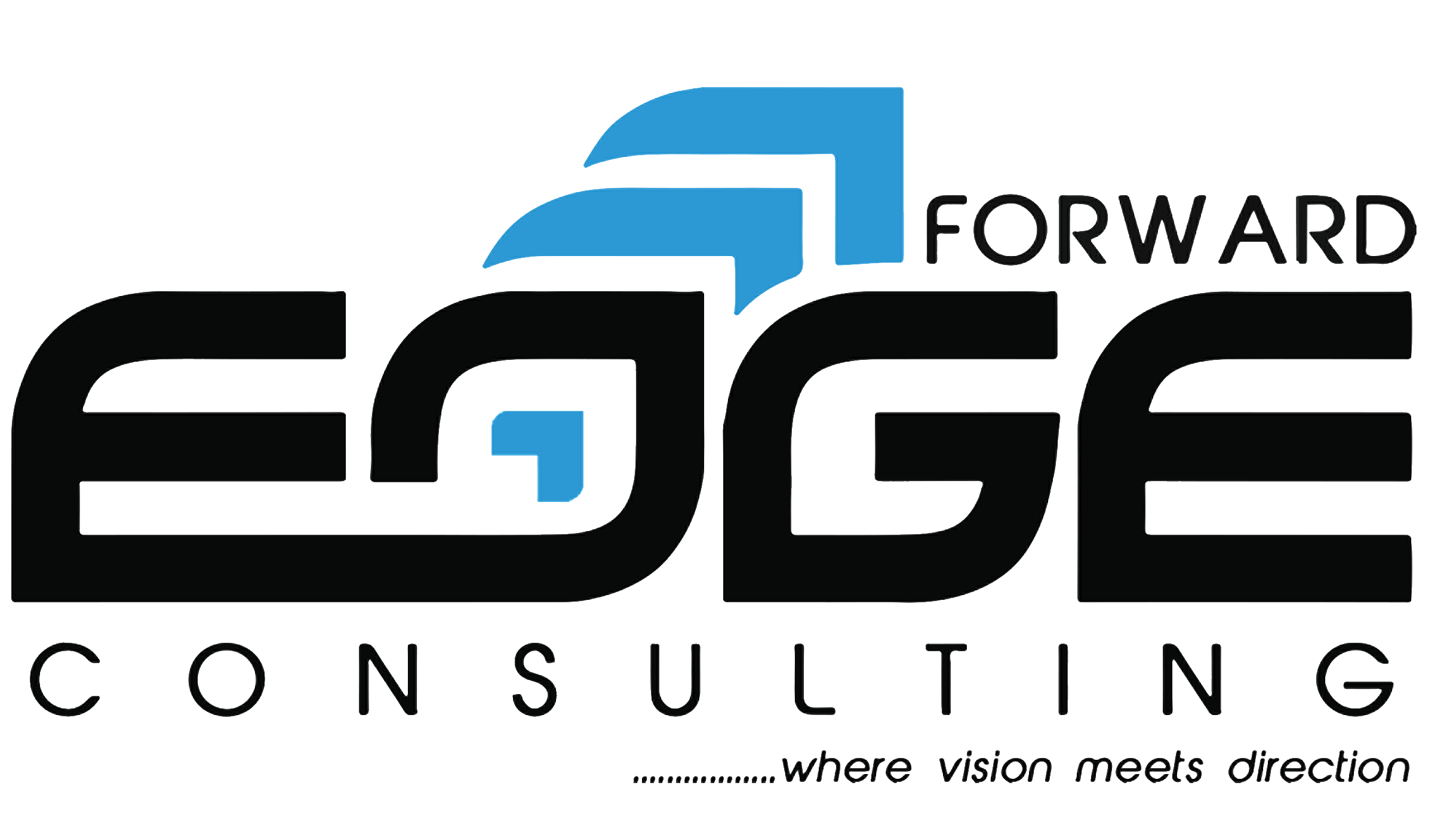Asset Management in Nigeria
- February 24, 2022
- Posted by: Forward Edge Consulting
- Categories: Business, Investment, Savings and Investment

As the awareness concerning investments has improved over the last decade, asset management has also begun to boom in Nigeria.
Asset management is a way in which your assets as monitored and managed. These assets could be anything from investments, to equipment, to properties and plant machinery. It is important because who doesn’t want to be able to keep an eye on and track the performance of funds and assets owned?
Here’s an elaborate list of benefits of asset management:
- Helps you track all of your assets
- Helps keep your portfolio organized
- Improves your time management
- Helps promote financial stability for you and your company
- Gives you foresight ahead of risks, and helps you manage these risks
- There is accuracy with financial records
By now, you’re wondering if you really have to do this all by yourself. No, you don’t. The good news is that there are asset managers and asset management companies that can take this up for you.
An asset manager is responsible for monitoring and maintaining investment or accrued assets, helping you draw out a management plan, maintaining, operating, and disposing of assets as the need arises. This consultant will start with taking a look at your cash flow, finances, and assets and recommend the best investment plans and strategies to maximize profitability.
Asset management companies, on the other hand, are firms that make investment decisions for clients, pooling funds and investing into various channels like real estate, bonds, stocks, and so on. They are also referred to as fund managers.
These firms manage funds for individuals, and organizations, including companies, and their services also involve consultation and investment decisions.
They serve both small and large investors via pooled structures like exchange-traded funds, mutual funds, and the likes.
There are different kinds of asset management firms, they include:
Enterprise asset management
These kinds deal solely with physical or fixed assets. They mostly manage company assets, obtaining, processing, sustaining, and finally decommissioning.
Financial Asset Management
This sector of asset management involves managing the investment portfolios, accounts, and funds of individual partners.
Public Asset Management
This asset management sector handles public infrastructure assets on a wider scope, infrastructure such as airports, hospitals, car parks, etc.
Infrastructure Asset Management
This is a little similar to the public asset management sector, but here, infrastructural facilities like roads, ports, buildings, bridges, and waterways are managed. This involves things like rehabilitation, regeneration, and maintenance.
Fixed Asset Management
This sector involves managing fixed assets, including maintenance, loss prevention, tracking, and financial accounting.
IT Asset Management
This sector handles IT Facilities, both software, and hardware. It involves accounting functions, contract management, and maintenance of IT assets.
Some of the leading asset management companies in Nigeria include AMCON (Asset Management Cooperation of Nigeria), ARM (Asset and Resource Management Company Ltd), and CAM (Cowry Asset Management Ltd).
If you are trying to decide if an asset management company or a fund manager is for you, then you may find it helpful to look into letting one of the above companies handle your asset management.
Found this article helpful? Share with your friends and family. Don’t forget to subscribe to our newsletters for more helpful information here.
